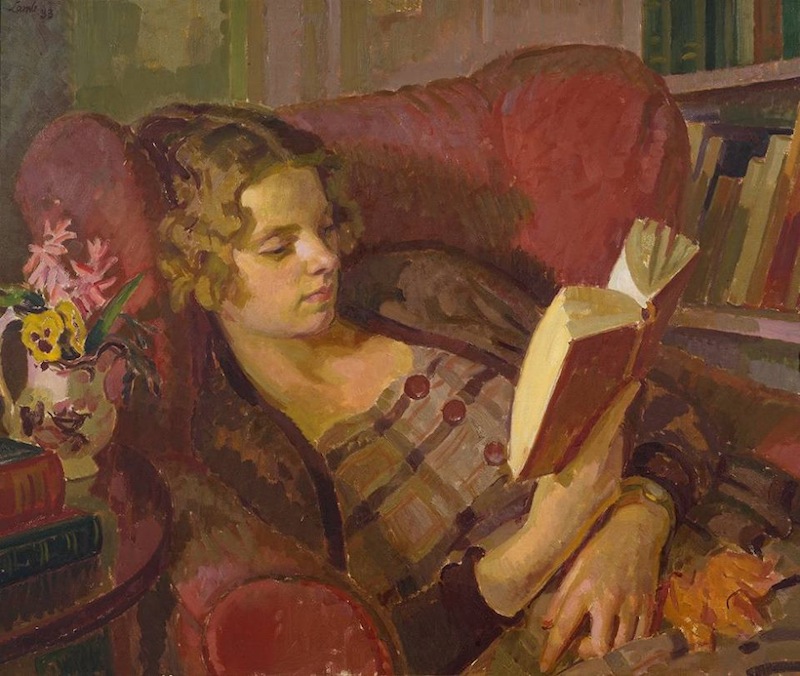Denise Levertov’s Birthday
Christina Lee
 Very recently, I turned thirty.
Very recently, I turned thirty.
It’s a bit of a no-man’s land, emotionally, this turning thirty business. Anyone older, even by a few months, will dismiss all your grumbling (and will probably be strongly tempted to dismiss this post) with a patronizing chuckle and an eye roll. Anyone younger will take your grumbling far too seriously, and will try annoyingly hard to commiserate with and console you.
The morning of my 30th, facing my mortality, I scanned my bookshelves for some appropriately somber reading material and found Denise Levertov. I thumbed through to find one of Levertov’s long poems, “Relearning the Alphabet.”
I love this book. I’ve read it many times. Yet for the last three years or so, it has been gathering dust. As I re-read, I was shocked to discover that certain lines brought up vivid memories. Especially a passage near the end:
Heart breaks but mends like good bone. It’s the vain will wants to have been wounded deeper burned by the cold moon to cinder.
At twenty-three, heartbroken, I scratched my ballpoint pen emphatically beneath those lines and felt the haze of a painful breakup begin to lift. My twenty-five year-old self, devastated by the loss of a teaching job, found the lines again and muttered, “mends like good bone” like a mantra through the difficult end of that year. At twenty-seven, mourning a soured friendship, I circled “the vain will” and swallowed my pride.
I’d like to forget those low points, those past versions of me. They embarrass the cooler, calmer, older me. I hadn’t meant to revisit them on my birthday morning, of all days. But oddly, I drew strength for the coming year from those memories. Strength that I hadn’t been able to find anywhere else.
I once heard Robert Pinsky say that the reason poetry differs from all other writing is its physicality. It’s written to be spoken, so you not only hear it, you feel it—even reading silently, he said, your body imagines the words spoken within you. Perhaps it’s because of this physicality that poetry can carry memory, just the way a scent or a song stores memories.
Here’s my advice, from the crone-ish perch of this third decade (cue the well-deserved eye-roll): Find yourself a few poems that will travel with you, like dear friends. And visit them often.
(Painting by Henry Lamb)